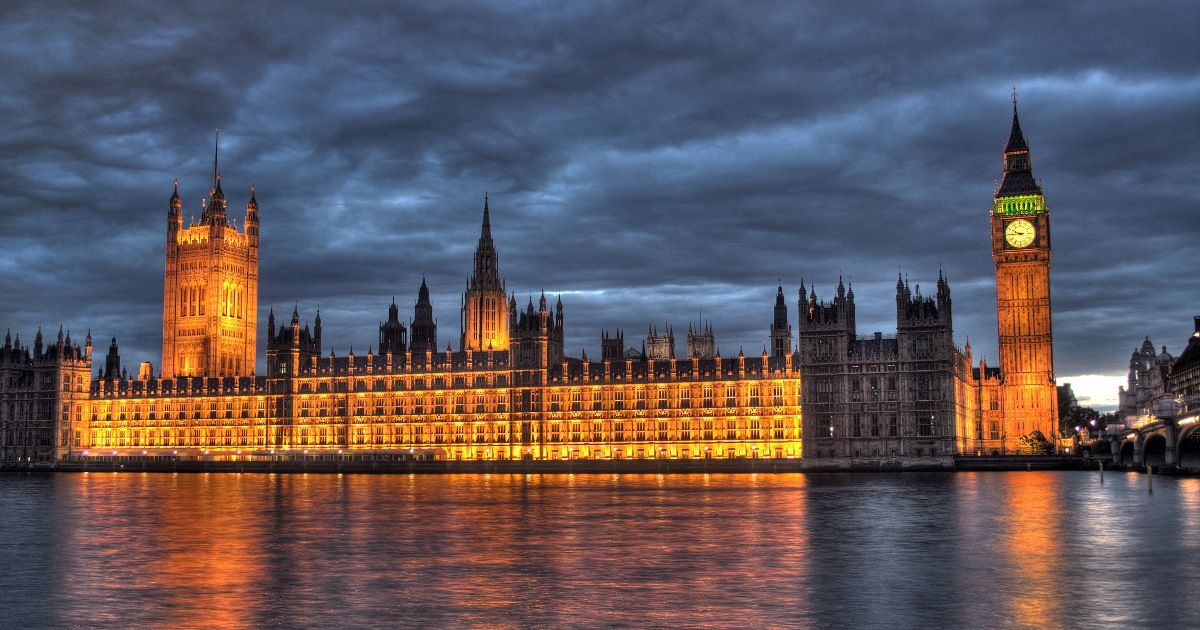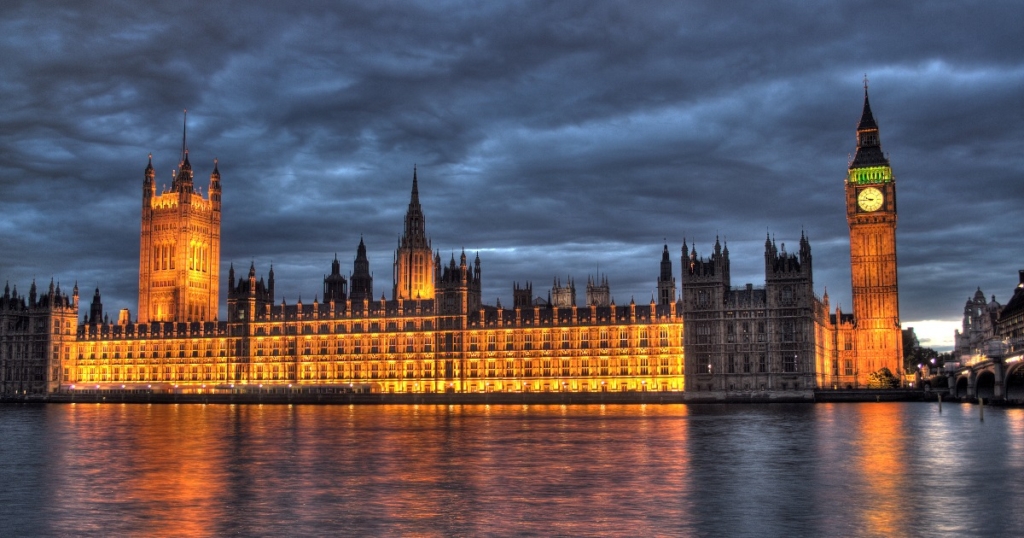
Why the U.K. ‘Russia report’ went unnoticed in Russia
This was a week of Russia stories in the West. The U.K. parliament published Tuesday a report on Russian interference, then, the following day, the U.S. House of Representatives introduced a draft bill for new Russian sanctions. The latter raised few eyebrows: there was no new rationale, or substance. But the U.K. report, which went almost unnoticed in Russia, made headlines for days in the British press. Why the difference?

- The media attention in the U.K was understandable: many are less concerned with Russian interference in the 2014 Scottish independence referendum or the 2016 Brexit vote than with the fact that the U.K. authorities seem to not want to stop it. Prime Minister Boris Johnson suppressed the publication of the report for almost a year.
- A significant part of the document was devoted to the technical aspects of interference, and this was built on anonymous evidence from U.K. intelligence. The same was true for instances of Russians financing U.K. political parties. The Kremlin’s official response to this all was predictable: Russia didn’t interfere in anything.
- The second part of the report was about Russian money in London. This stated that there are many Russian emigres in the U.K. capital, who are served by a whole network of lawyers, real estate agents and PR specialists, amounting to a cottage industry for lobbying and laundering Russian money and reputations.
- Only five experts contributed to the report. They included historian Anne Applebaum, founder of Hermitage Capital Bill Browder, and the ex-spy and author of the infamous, and widely-disputed dossier on U.S. President Donald Trump’s ties to Russia, Christopher Steele. All of them are respected experts who have done a lot to ensure that the truth about Russia’s actions sees the light of day. At the same time, it is unlikely they have access to the highest echelons of the Russian elite, nor sources in the secret services. In fact, as the report very accurately states: “the Russian decision-making apparatus is concentrated on Putin and a small group of trusted and secretive advisers.”
- It also seems relevant to raise an issue of objectivity when it comes to these experts. Particularly in Browder’s case: Browder had his business in Russia taken away by the state, was hit with a $55 million lawsuit and arrested in absentia – not to mention what happened to his colleague, Sergei Magnitsky, who died in prison.
- It is remarkable that the committee did not call a single person from Russia as a witness, or even someone who maintains a fresh connection to Russia – as we learned from the report, there is no shortage of them in London.
- Another mistake it appears the report’s authors made was to repeatedly confuse open source data with insider information. One example: Browder is quoted as an expert saying that the Russian state works alongside, and through, criminal networks to set up a “buffer” of Westerners who are de facto Russian state agents, many unwittingly. This is exactly the same thing any opposition-minded Russian – not an expert – would say.
Why the world should care
We are not confirming or rejecting the report’s conclusions; we are not competent to make such judgments. The Bell certainly cannot be accused of seeking to defend the Russian authorities, and we genuinely want to know about Russia’s illegal activities. But, unfortunately, this report creates the false impression that it’s revealing a big secret — and that simply isn’t the case.





